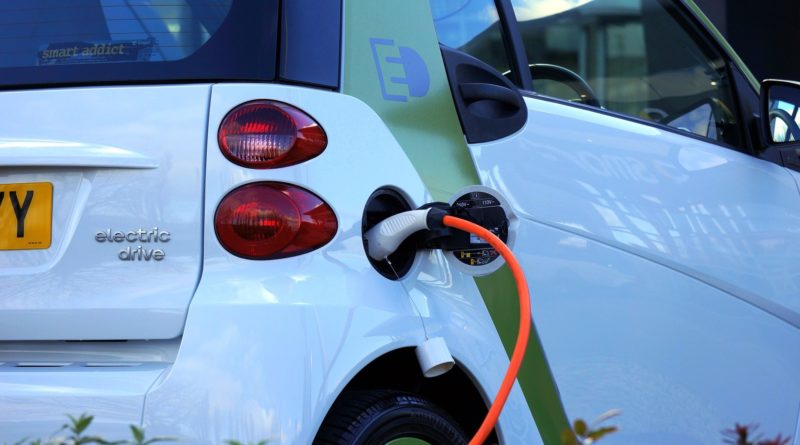Electric Cars – The Future of Our Transport, or A Waste of Money?
With the UK pledging to phase out the sale of new petrol and diesel cars by 2030, electric cars are going to be a big part of the future of transport. But unlike other countries, we have been rather slow on the uptake.
According to the latest government figures, there are now more than 500,000 electric or plug in hybrid vehicles on the roads.
Despite the government being excited to reach this milestone, it may not be as thrilling as it sounds. With around 40 million vehicles on the road, statistically this means that less than 2% of cars on the roads in the UK are electric.
So why are us Brits so reluctant to make the switch? Are we really petrol heads, or is there more to it?
Vehicle Costs
One of peoples biggest concerns when it comes to electric cars is the initial purchase cost. With electric cars still a fairly new concept, many people expect that electric cars are more expensive than their fuel equivalents.
Which is partially true.
Depending on the type of car you’re after, we have found electric cars from just £15,000 – and remember you wont need to fill your tank every week, or pay heavy road tax. You can also factor in government grants for driving electric. So as much as the initial costs may be higher, the running costs are definitely cheaper.
Running Costs
So, what are the running costs? Well, the two main ones are how much it costs to charge your car per full charge, how many miles you can get per charge (as compared to a full tank of fuel), and road tax. Most pure electric vehicles cost nothing to tax, as well as most of their hybrid counterparts.
Check here to find out how much tax your car would cost, or here to get a rough idea of how much it would cost to charge from home. Bear in mind, it is cheaper to charge your vehicle at home, than it is out on the road; although both are cheaper than paying for fuel every time your tank gets low.
Convenience
As of the 7th October 2021, the total number of charging stations across the UK is 26,115. However, this doesn’t mean that they are all working. If you run low on motorways and pull in to a services with a defunct charging station, the next one could be miles down the road. Although unlikely that two or three in a row could be non-operational, it’s not impossible.
Similarly, many of the charging stations were only manned office hours Monday – Friday, meaning if you were travelling late or during the weekend, you have the potential to become stranded.
Mileage Capabilities
Just like their fuel counterparts, car manufacturers brag about their milage capabilities per charge. Unfortunately, just like their fuel counterparts, they tend to over exaggerate on their abilities. Although it completely depends on the vehicle and driving conditions, most cars will average out around the 200 miles range, meaning if you want to make a long journey, you’d have to factor in a half hour/ hour stop every so many miles to charge your vehicle sufficiently to complete the journey.
Overall, the selection and capabilities of electric vehicles are growing, but are still well below the selection for fuel cars. However, the overall costs seem to favour electric, so are definitely worth considering!
